Empowering student voice through the four steps to successful self-advocacy.
Self-advocacy
is the process of recognizing and meeting the needs specific to your learning ability without compromising the dignity of yourself or others.
(Loring Brinckerhoff, 1994)
For gifted learners, there are 4 simple steps.
Step 1: Understand your rights and responsibilities
You have the right to a rigorous education, that stretches your skills and thinking every day.
You have a right
to be in classes that are challenging and interesting
to know about giftedness and why you’re in or should be in an enriched or accelerated class
to make mistakes and “not do your best” if you feel like it
to be with other kids who really understand you
to be treated with respect by friends, teachers, and parents
to be different.
(Judy Galbraith, The Survival Guide for Gifted Kids)
Gifted Children's Bill of Rights from the National Association for Gifted Children
Your responsibilities include taking an active role in creating your educational plan and developing the attributes of good character:
Turn in work on time
Listen with interest
Cooperate in a group
Be neat
Work hard
Complete assignments
Be accurate
Enjoy school
Stay alert
Be considerate
Enjoy learning
Be organized
Step 2: Assess and reflect on your learner profile: abilities and interests, strengths and weaknesses, learning styles and habits.
Consider your traits in 5 different areas:
Cognitive Functioning Information
Learning Strengths Information
Personality Characteristics
Learning Preferences
Interests
(Karen Rogers, Re-Forming Gifted Education)
Step 3: Match your attributes to options and opportunities.
What would you like to change? What are you looking for? More challenging work? Interaction with like-ability peers? Time to explore personal interests? Changes at home or school that support your unique needs?
Some possibilities for those who want a more appropriate academic challenge:
Alternate Assignments
Online Learning
Independent Study
Mentorship
Curriculum Compacting/Pre-testing
With-in Class Grouping
Subject Acceleration
Concurrent Enrollment
Grade Acceleration
AP, IB and Honors Courses
College Courses in High School
Post Secondary Options
Summer Program/Semester Schools
Gap Year
Early College Admission
Step 4: Connect with advocates who can support your goals
It's important to know who you can turn to and how to be diplomatic yet effective when asking for help.
Your District Gifted Education Coordinator
Classroom Teachers
School Counselors
Family
Friends
Coaches & Club Advisors
Principals
Other Administrators
School Superintendents
Regional G/T Advocacy Groups
